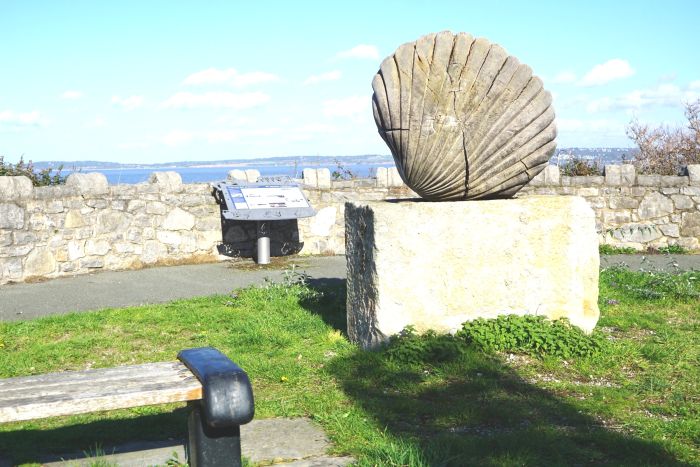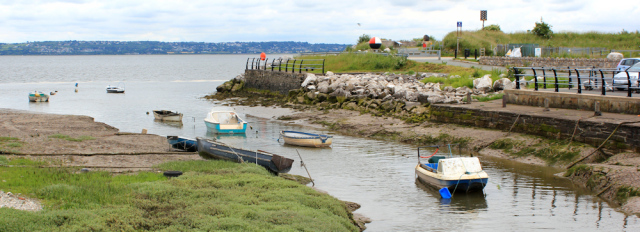contact information for uk or eu
Email Carl@River-Dee-Seafoods.com
or telphone +44(0)7711 125388
Cockle Fishing in North Wales: Sustaining Tradition Amidst Challenges
North Wales, a region renowned for its stunning landscapes and rich maritime heritage, has long been a hub for various forms of fishing. One of the traditional fishing practices that has shaped the cultural and economic fabric of this region is cockle fishing. Cockle fishing, the art of harvesting small edible mollusks from intertidal areas, has been a way of life for many coastal communities in North Wales for generations. This essay explores the significance of cockle fishing in North Wales, its challenges, and its role in maintaining cultural and economic ties to the sea.
Historical and Cultural Significance: Cockle fishing has deep historical roots in North Wales, dating back centuries. The practice is not merely an economic endeavor but a cultural heritage that binds communities to their coastal identity. Fishing has been a way of life, with knowledge and techniques being passed down through generations. Traditional methods, such as using rakes or hands to collect cockles, are often preserved, creating a sense of continuity between past and present.
Economic Importance: Cockle fishing has historically provided a source of income for local communities. The harvested cockles are often sold at markets or to seafood processors, contributing to the local economy. For some families, cockle fishing has been their primary livelihood, ensuring a connection between their economic sustenance and the sea.
Environmental and Regulatory Challenges: However, the practice of cockle fishing in North Wales faces numerous challenges, particularly in the realm of environmental sustainability and regulation. Overfishing and habitat degradation are concerns that can threaten the delicate balance of the intertidal ecosystems where cockles thrive. Unsustainable harvesting practices can lead to a decline in cockle populations, disrupting the intricate web of marine life and affecting the livelihoods of both fishermen and other coastal residents.
Regulatory measures have been put in place to address these concerns. Fishing quotas, restricted harvesting areas, and seasonal closures aim to protect the cockle populations and their habitats. While these regulations are crucial for the long-term sustainability of cockle fishing, they also pose challenges to the fishermen, who need to adapt their practices and adhere to stricter guidelines.
Cultural Resilience and Adaptation: Cockle fishing communities in North Wales have displayed remarkable resilience in the face of these challenges. Many have embraced the need for sustainable fishing practices and have actively participated in conservation efforts. By working closely with environmental agencies, scientists, and policymakers, they seek to strike a balance between their cultural heritage and the need to protect the natural resources that sustain their way of life.
Preserving the Tradition: Efforts to preserve the tradition of cockle fishing extend beyond environmental stewardship. Cultural events, festivals, and educational programs have been established to celebrate and pass on the knowledge and skills associated with cockle harvesting. These initiatives not only help maintain the cultural ties to the sea but also contribute to raising awareness about the importance of sustainable fishing practices among younger generations.
Conclusion: Cockle fishing in North Wales encapsulates a complex interplay between tradition, economics, and sustainability. It is a practice deeply rooted in history, a source of livelihood for many, and a cultural emblem of coastal identity. While facing environmental and regulatory challenges, cockle fishing communities are demonstrating their commitment to preserving their way of life through adaptive strategies that harmonize tradition with ecological responsibility. As North Wales navigates the waters of change, the sustenance of cockle fishing stands as a testament to the resilience of coastal communities and their enduring connection to the sea.

